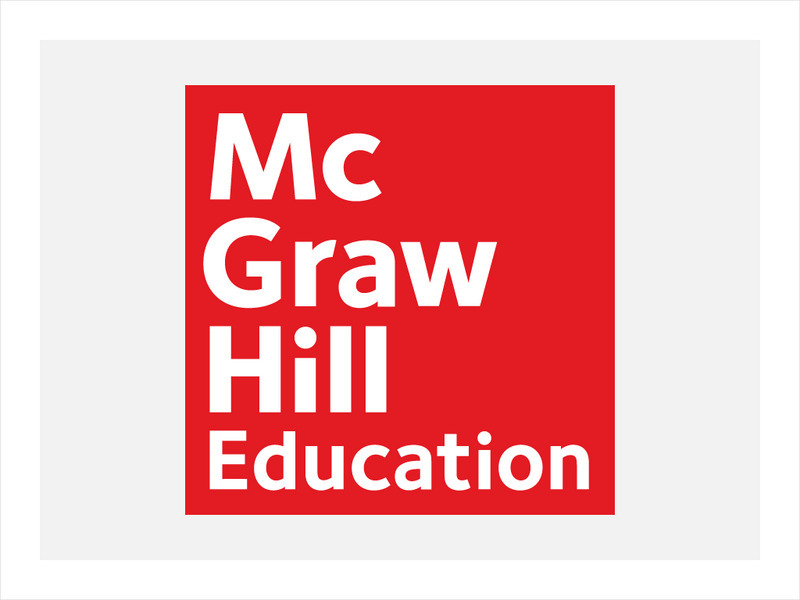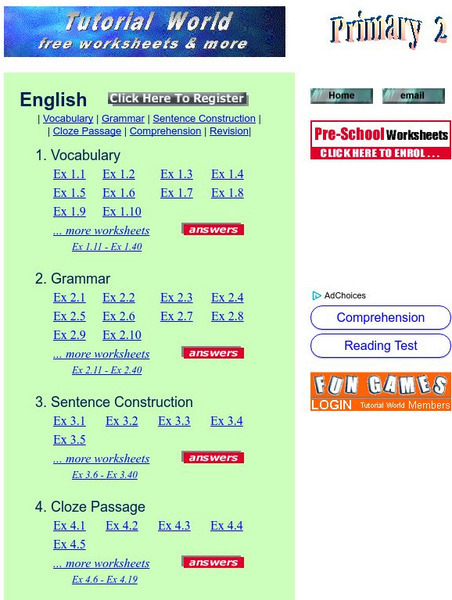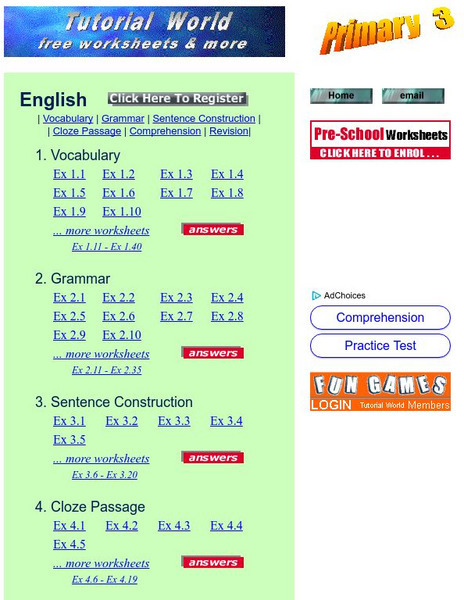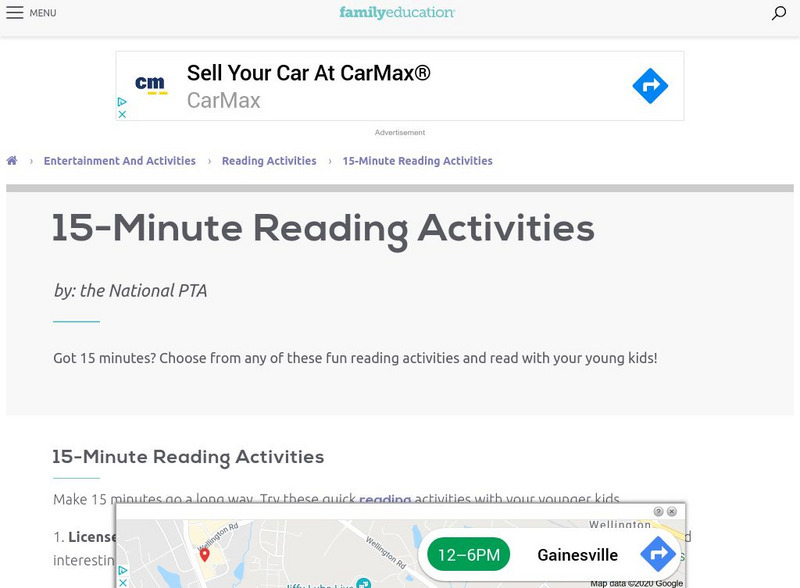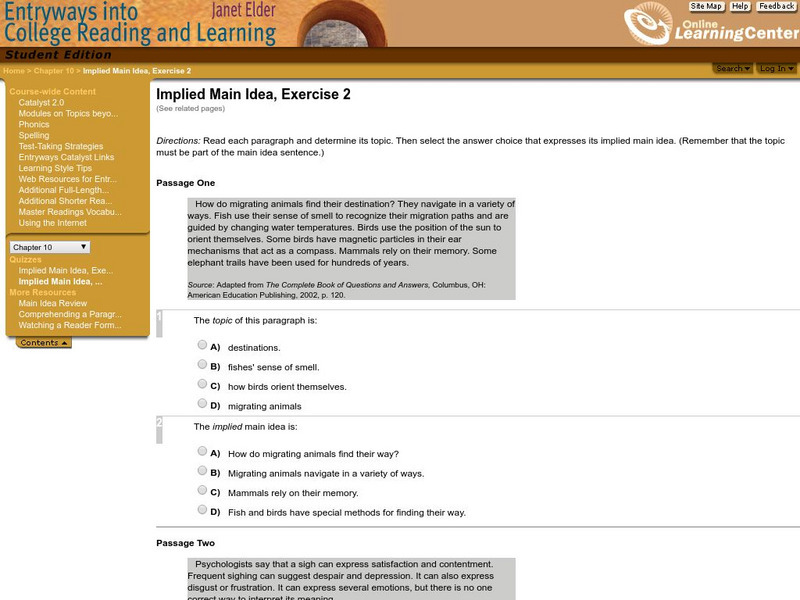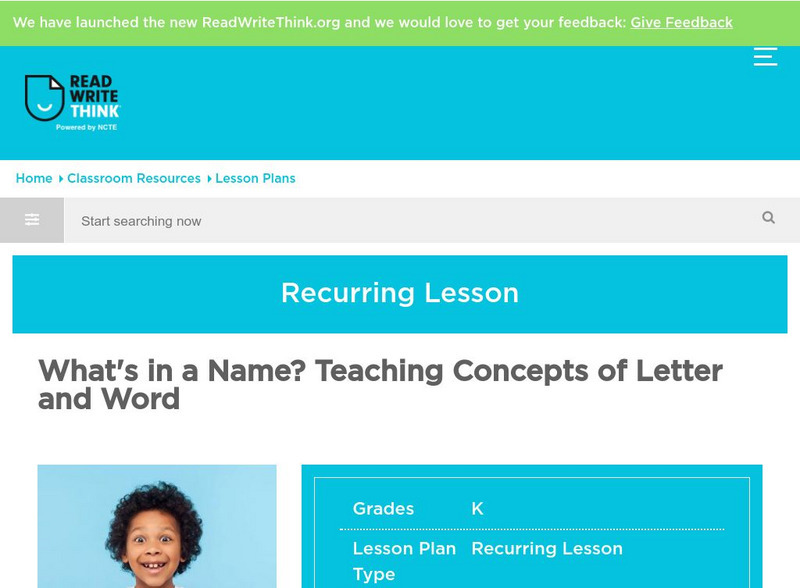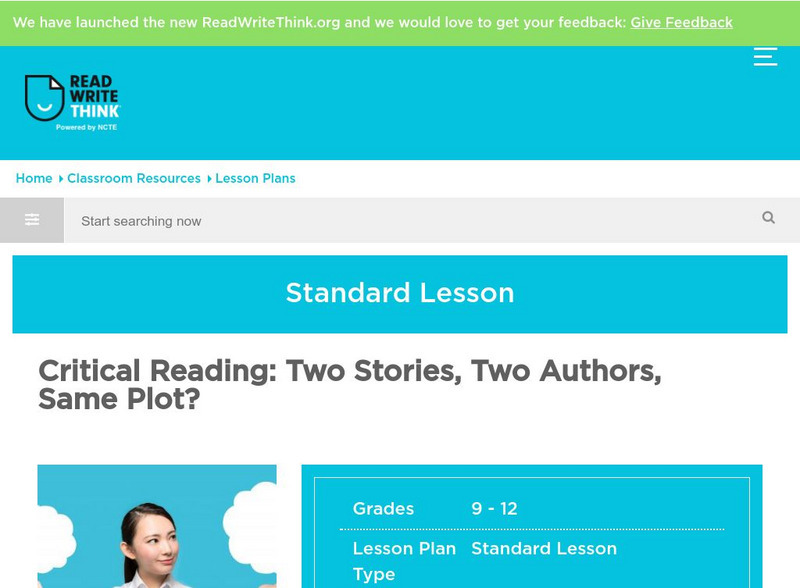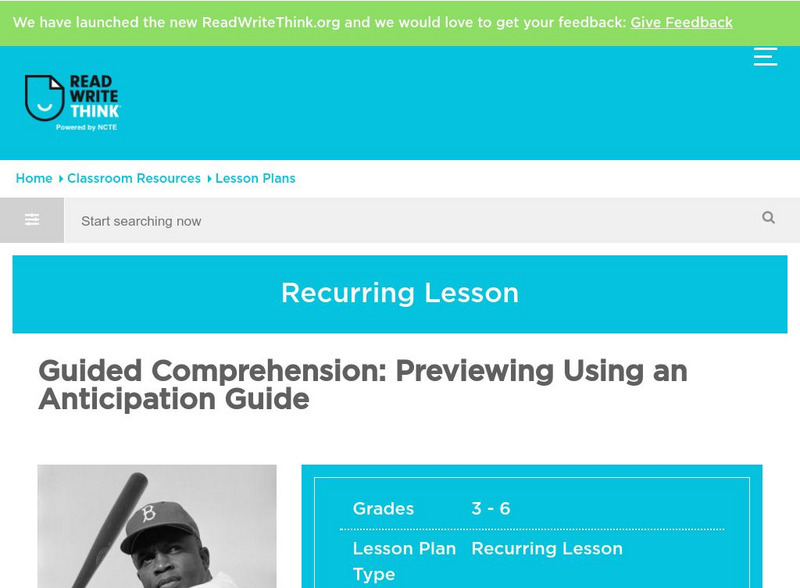Curated OER
Mc Graw Hill: Compare Points of View Narrator
Read a passage from a story to determine who is the narrator and what is the narrator's point of view. An additional practice exercise is available. CCSS.ELA-Literacy.CCRA.R.6
McGraw Hill
Mc Graw Hill: Informational Text: Determine Central Idea and Supporting Details
To understand a text, you must understand the central idea of the story. Learn how to recognize the central idea and supporting details with this article. Click the links at bottom right.
Other
Braindance: Reading Groups of Words at Each Glance
Gives insight into improving reading speed by learning to read words in groups. There is an excercise to test your speed and suggestions on how to increase it.
Other
Increased Comprehension With the Use of Imagery
Designed for adult learners, this literacy lesson could easily be used in the high school or middle school classroom. Some handouts are included, but some material must be found in a newspaper or magazine.
Other
Tutorial World: Basic Reading Worksheets for Grade 2
This site is a listing of a variety of worksheets for second-grade English students. Includes vocabulary, grammar, sentence construction, comprehension, and revision.
Other
Tutorial World: Primary 3 English
This site is for teachers looking for worksheets for third-grade English students. Includes vocabulary, grammar, sentence construction, comprehension and revision.
Other
Literature Lesson Plan
This lesson plan is for a character study that uses butcher paper, pens, pencils, and copies of assigned book. Students then complete a character study on at least two major characters.
Other
Audiblox: Foundational Reading Skills
What types of reading skills do students need to be successful? This informative site focuses on students with learning disabilities. Explore!
Other
Vocabulary Workshop
This vocabulary workshop will be helpful to anyone interested in brushing up on their skills. This site features a comprehensive look at root words, prefixes, suffixes and more.
Other
Chicken Run
The student, player, answers multiple choice questions. The answers are based on the text provided. An explanation is also given for the answer. Once the student has answered all of the questions, he/she will earn the opportunity to play...
Family Education
Family Education: Fifteen Minute Reading Activities
What can you do with your child in fifteen minutes to improve their reading skills? This site has a list of reading activities.
McGraw Hill
Mc Graw Hill Global Education: Implied Main Idea, Exercise 2
Take this five-question self-correcting quiz to test your understanding of the implied main idea.
Library of Congress
Library of Congress: Readers to the Rescue
Visusal mad-lib reading game in which students help rescue storybook characters, including Pinocchio, Humpty-Dumpty and Sleeping Beauty and win rewards of animated short films and access to 36 books that can be read online for free.
Other
Georgia Perimeter College: Concept Mapping
This resource provides detailed instruction on how to create concept maps, appropriate for older students who have never been introduced to concept mapping. It provides clear steps and an example of a partial concept map.
Everything ESL
Everything Esl: Tale of the Tooth Fairy
Teach about American culture while developing language, listening and reading skills. This lesson plan includes the TESOL goals and standards.It provides many follow up activities.
Kidsource OnLine
Kid Source on Line: Helping Your Child Learn to Read
Not only does this article tell you why parents should work with their children to encourage and improve their reading, it also gives practical suggestions about how they can do that. It addresses reading activities for parents and...
Other
Literature Circles: Lesson Plans and More
What are the major roles in literature circles? Check out this site to learn more about the individual roles needed to form a literature circle. Includes links to various reading handouts and lessons.
ReadWriteThink
Read Write Think: Reader Response in Hypertext: Making Personal Connections
Young scholars write a narrative of place, a character sketch, an extended metaphor poem and a persuasive essay then link all four texts to quotations they have selected from a novel.
ReadWriteThink
Read Write Think: Teaching Concepts of Letter and Word
A great resource for teachers introducing the concepts of "letters" and "words" to early elementary students. Uses the names of the students themselves as a starting place in learning these concepts. Great site.
ReadWriteThink
Read Write Think: Developing Phonemic Awareness
This online lesson stresses the importance of emergent readers' understanding of rhyming patterns in language. Through this, students will learn and apply the concepts of rhyme through exercises and interactive activities. A great...
ReadWriteThink
Read Write Think: Identify, Compare, Write Nonfiction
Lesson that introduces the concepts of nonfiction to elementary students. Through reading and interactive lessons, students engage the genre of nonfiction and begin to write their own examples.
ReadWriteThink
Read Write Think: Questioning a Comprehension Strategy for Small Group Reading
Contains plans for three lessons about asking the right questions while reading. After the teacher explains the difference between factual and inferential questions, students practice using them in small-group guided reading. In addition...
ReadWriteThink
Read Write Think: W. Somerset Maugham
A complete multi-day lesson plan comparing a Maugham short story to one of the same name by Jeffrey Archer. Referenced to IRA/NCTE standards, it includes links to assessment sheets and handouts.
ReadWriteThink
Read Write Think: Guided Comprehension: Previewing
This lesson introduces students to the comprehension technique of previewing. Students use anticipation guides to preview and predict stories and work in small groups.



